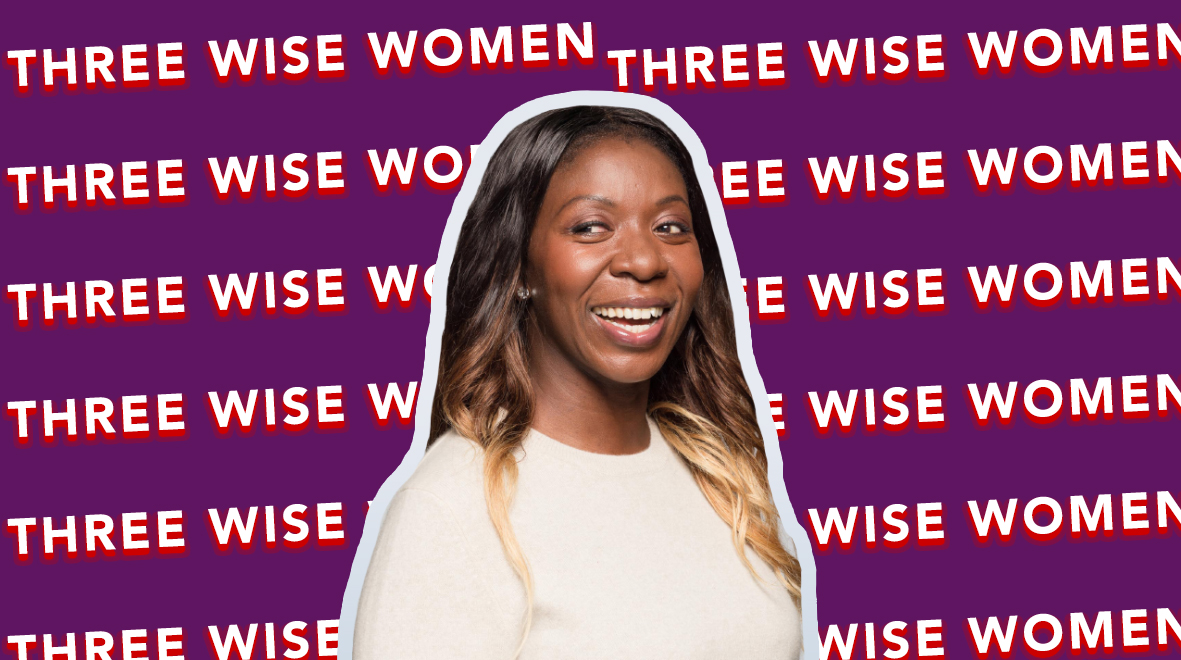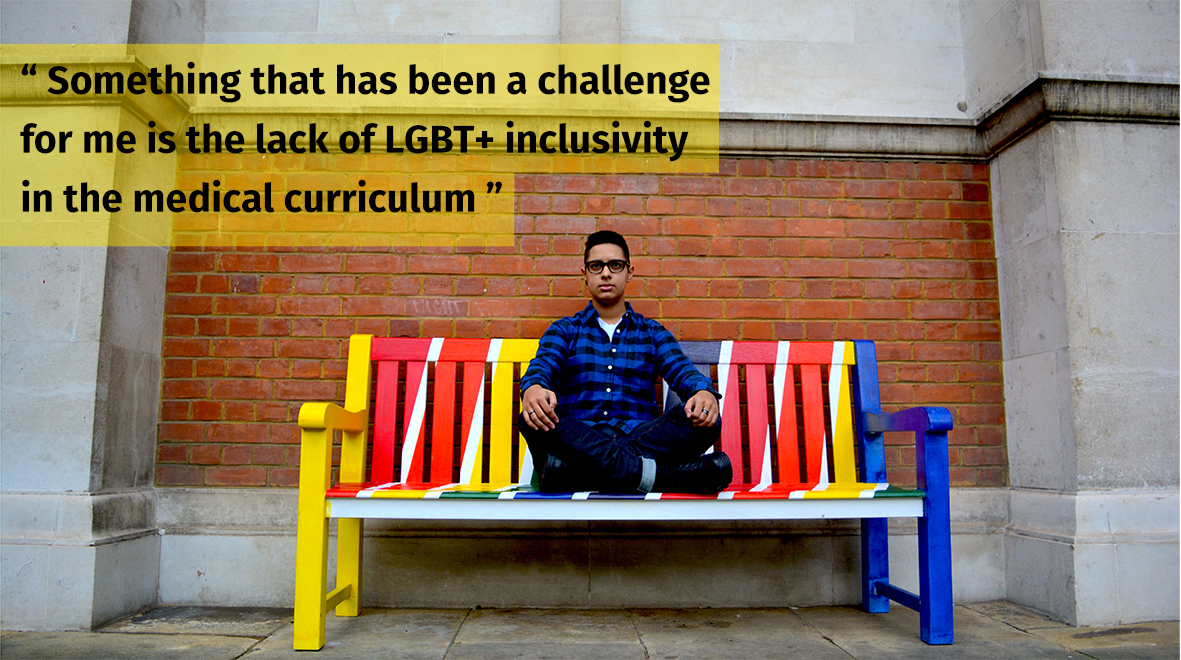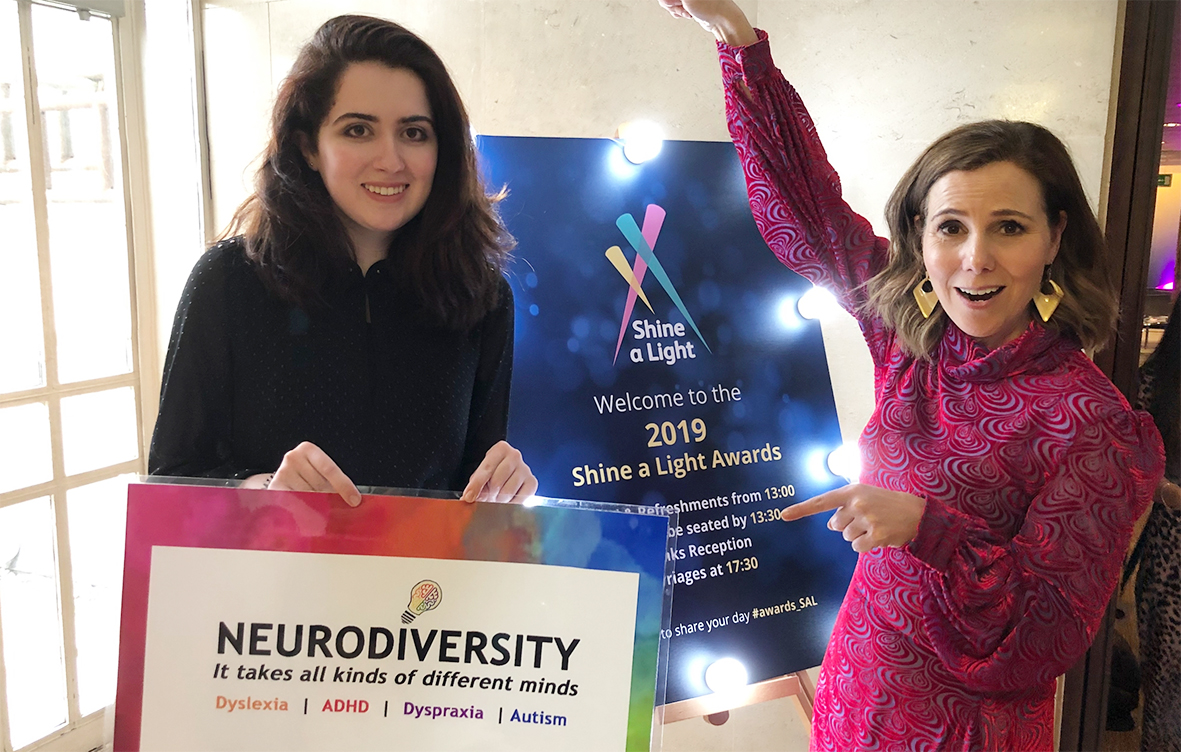Finding ‘me’ in the fight against inequality

This festive period Three Wise Women from the Faculty of Medicine will be giving us the gift of wisdom.
Dr Sarah Essilfie-Quaye, Project Manager in Research Strategy, discusses how we can all do more to address structural racism in academia.
I used to describe myself as an ‘early retired scientist’ – I left the lab not because I no longer loved research, but due to a series of challenges and roadblocks. However, on reflection, regardless of any career choices I made, it was unlikely I would become a professor. Because I am a woman; a woman who is Black; of African descent – Ghana, to be specific (#GhanaJollof!).
The harsh reality
To have a successful career in academia, I saw becoming a professor as the top of the achievements list, and while this is a tough goal for anyone, it is much, much tougher for some. I looked for Black women professors at Imperial. I think I was looking for my role models. Unfortunately for me ‘computer said no’, the answer was there were none. Zero. Nada. Zilch. This hugely influenced my decision to move away from academia and towards university administration, as I thought I was more likely to be able to achieve a stable and successful career that way. This was a decade ago, and despite now finally becoming part of a supportive team, I am still on short-term and part-time contracts. For this to happen I had to leave a permanent (albeit part-time) post elsewhere at Imperial – due to the toxic environment and lack of allies.
During my career, I have come to understand several key issues around race, and these include how under-represented Black women are at Imperial. There are still no women that look like me as professors. Nor in any permanent academic roles. In the whole of the UK there are only 35 professors who identify as Black women out of 21,000. And as I currently keep trying to highlight, while 25 per cent of Imperial staff are from a Black, Asian or ethnic minority (BAME) background, only 9 per cent are in senior positions, and how many of those are Black…? (more…)






